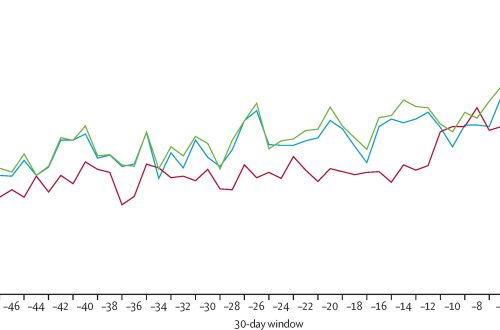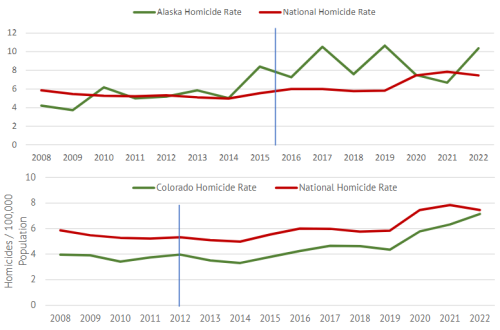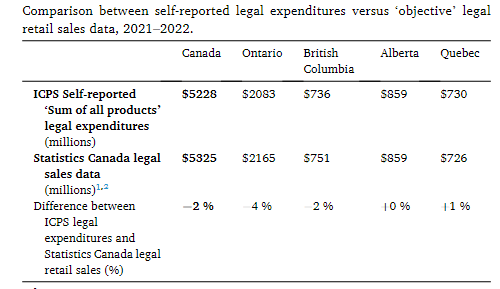Newshawk: Please Write a LTE www.mapinc.org/resource/#guides
Pubdate: Sat, 3 Jul 2010
Source: New York Times (NY)
Page: A18
Webpage: http://www.nytimes.com/2010/07/03/opinion/03sat3.html
Copyright: 2010 The New York Times Company
Contact: [email protected]
Cited: Department of Health and Human Services
http://www.aids.gov/about-us/?showTab=contact-us
SENSIBLE RULES, SOON
President Obama did the right thing in December when he repealed the
21-year-old ban on federal financing for programs that give drug
users access to clean needles. Almost nothing has happened since
because the Department of Health and Human Services still has not
issued the new rules that states and localities need before they can
use any federal money to expand existing exchange programs or start new ones.
Administration officials say the rules will be issued soon. They must
be written in a way that broadens access to needle exchanges, rather
than restricts it.
Congress voted to withhold federal money from these life-saving
programs in 1988 when it was already clear that clean needles slowed
the spread of H.I.V. and other blood-borne diseases without
contributing to addiction. Fortunately, not all states and localities
followed that destructive approach.
Researchers found that state-financed needle-exchange programs in New
York City cut the infection rate of H.I.V. among addicts by about 80
percent by giving them clean syringes and enrolling them in drug
treatment programs. By keeping addicts free of infection, the program
also has saved the lives of spouses, lovers and unborn children.
State and local health officials are eager for the new rules so they
can move forward and are pressing the Obama administration to avoid
placing unnecessary restrictions on already proven programs. They are
especially worried about how the new rules will interpret a provision
of the statute that gives local police departments some say in where
needle-exchange programs can be located. It is important to protect
the interests of local residents and businesses, but forcing exchange
sites to the far edges of a city or town would utterly defeat their purpose.
Managers of these programs often reach agreements with police
departments so that people coming in are not arrested for having drug
paraphernalia. Federal health officials should require local clinics
that get federal aid to confer with local law enforcement. Good will,
good sense and a readiness to cooperate is essential on all sides.
Successful, well-financed needle-exchange programs will improve
public health and public safety.



